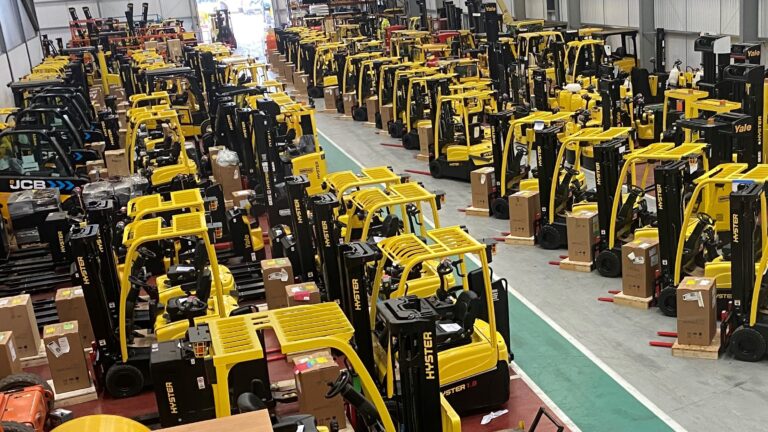The government has today been urged to radically rethink its plans to hit businesses with a massive hike in fuel tax in a move that will come into effect just days after the Chancellor cut fuel duty by 5p a litre.
Fuel technology specialist, SulNOx Group Plc, said the move to end the rebate on red diesel would hit consumers in the pocket while having a minimal impact on improving the environment.
From 1st April 1 2022, rebated diesel – more commonly known as red diesel – and rebated biofuels will no longer be allowed to be used as they are currently and will only be legal for a small number of industries in a tightly controlled way.
The move has sparked concern, with reports suggesting that around half of affected firms in industries like construction could be put out of business due to staggering fuel cost rises of around 55% from red to white diesel.
The government says the new rules will help to ensure fairness between the different users of diesel fuels, as well as encouraging the development and adoption of greener alternative technologies and encouraging fuel users to improve the energy efficiency of their vehicles and machines, or to use less fuel.
But Nawaz Haq, Executive Director of SulNOx Group Plc, said the timing of the rule change, particularly in the current climate with record fuel prices, was worrying.
“At the moment, fuel policies are not aligned to the economic needs of consumers or businesses and do little to combat emissions and improve air quality,” Haq said. “The red diesel taxation is nothing more than a deadly tax without purpose that will not only threaten the survival of half of affected businesses at a cost of £500 million, but also threaten the government’s own waste strategy.
The rule change means that operating diesel-powered forklifts is about to get a lot more expensive – as if it wasn’t expensive enough already. There are other options for warehouse operators, of course, such as LPG, CNG, electric and fuel cell. But in other industries such as construction, the options are more limited.
“Crippling taxes and no viable greener vehicle and machinery options mean businesses must focus and prioritise improving efficiencies and reducing fuel consumption,” Haq continued. “This is essential, especially in our time of fuel and climate crisis. That is exactly where SulNOx can make a big difference, by optimising combustion and increasing fuel efficiencies of diesel, biofuels, HVO and other fuels.
“Our simple to use, biodegradable products, enable significant financial savings through reduced fuel consumption with fleets currently saving around 10% in fuel and maintenance costs. The environmental benefits are reflected in a huge percentage of net carbon and emissions reductions. Tests have also shown over 50% reductions in Particulate Matter with significant potential to dramatically improve air quality.
“With such benefits on offer and with fuel compliance certifications in place, there are no barriers to simultaneously fight back against high fuel costs and help to meet environmental responsibilities.”







